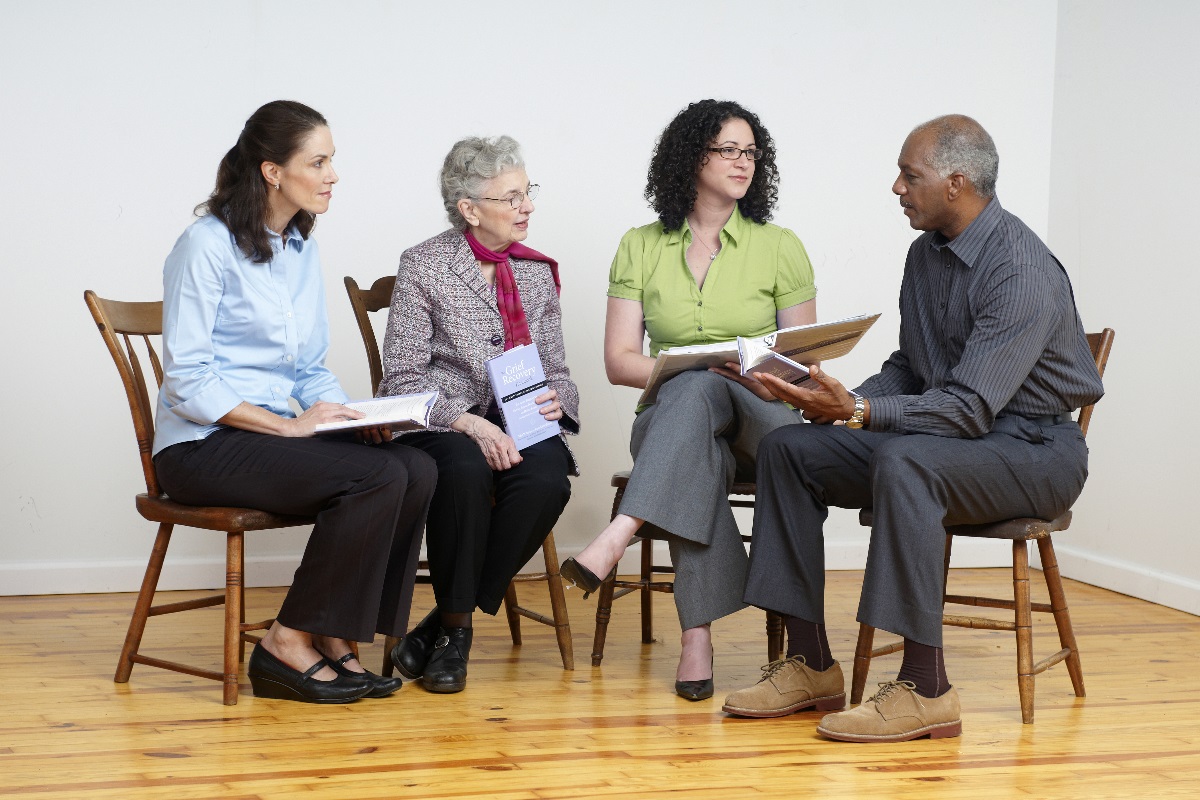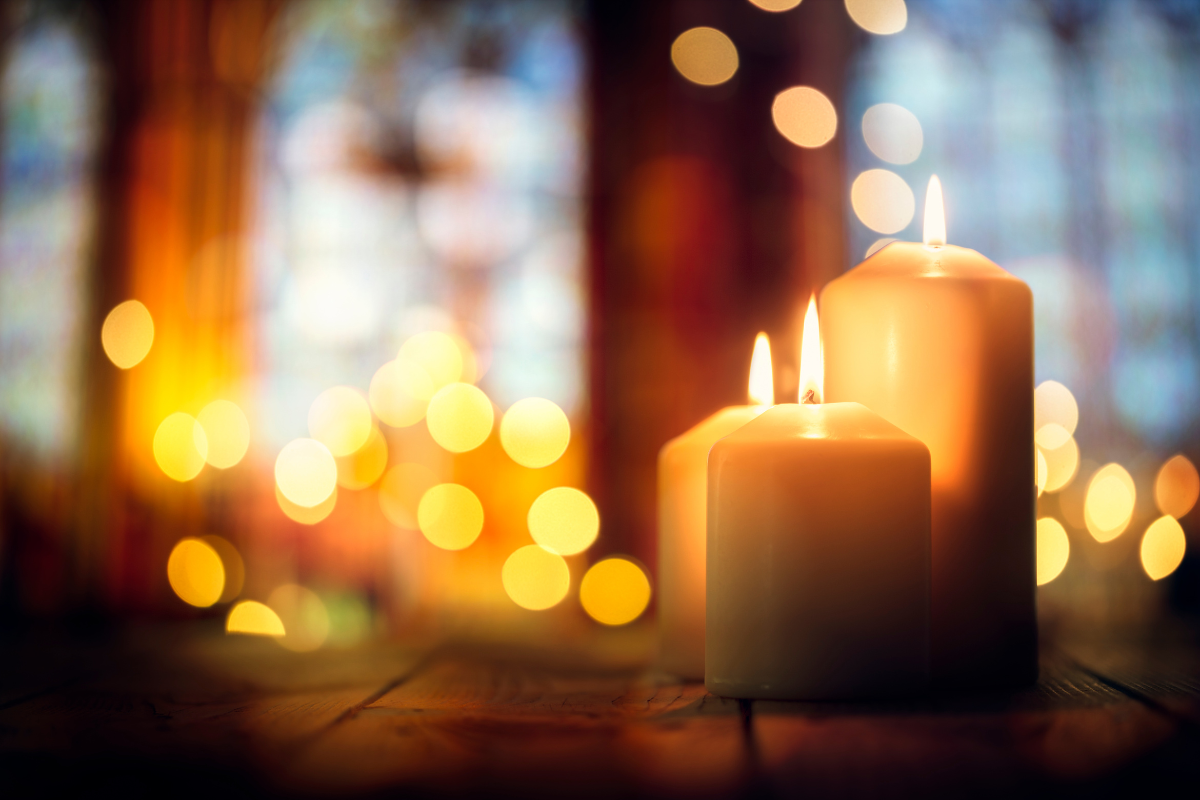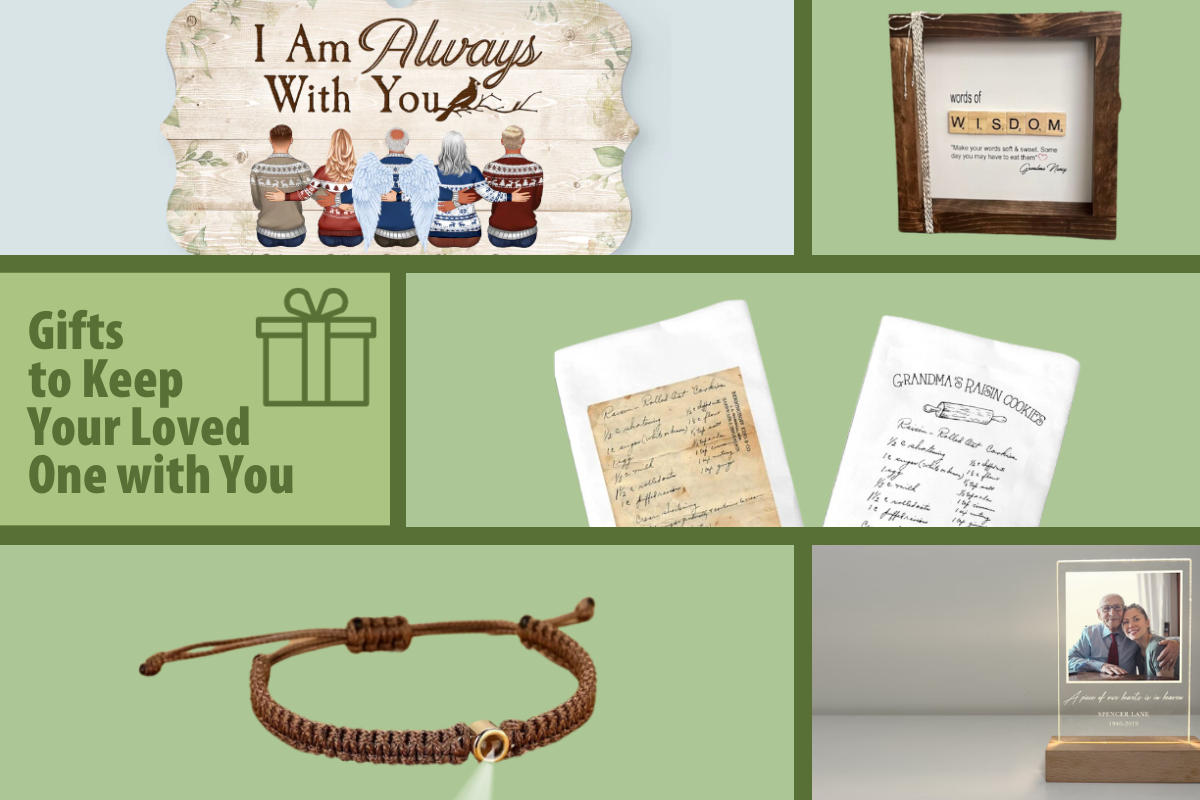What is Grief Awareness Day?


One of the universal truths of life is that we will all eventually lose someone we love. Another truth is that each loss is unique, and each of us experiences loss differently. On August 30th, Grief Awareness Day reminds us that grief comes in many forms and that there is support available to those who need it.
A Brief History of Grief Awareness Day
Grief Awareness Day was founded by Angie Cartwright in 2014. Over the course of her life, she had experienced many different types of loss including the loss of a sister at age five, the loss of her husband in a car accident, and the loss of her mother. She felt the taboo of grief firsthand, being encouraged to move on rather than healing in her own time frame. She chose the date August 30th in honor of her mother’s birthday.
The Grief Recovery Process
Many still mistakenly believe there are five stages of grief: denial, anger, bargaining, depression, and acceptance. While these emotions are common, they don’t come in stages, and mourners may experience a wide range of feelings about their loss over the course of their grief recovery.
Other common feelings include anxiety, guilt, irritation, shame, appreciation, and uncertainty, to name a few. People may also experience physical symptoms including changes to sleep patterns, changes in weight, headaches, and an increased susceptibility to colds and infections.
These symptoms of grief can appear days, weeks, or even months after a loss. During this time, mourners need to be gentle with themselves. Grief recovery specialists or support groups can be a great source of comfort during this time by providing understanding and tools for coping.
How to Honor Grief Awareness Day
You can recognize Grief Awareness Day by sharing links to support groups, educational materials, or your own personal experience with grief. When people talk about the effects of grief in their lives, it reduces the stigma many mourners experience. If you know someone who has recently suffered a loss, reach out and check in on them.
“Unaddressed grief is the worst kind because if you haven’t addressed those feelings, it is coming out in your life,” says Bereavement Coordinator and Certified Grief Recovery Specialist David Stevenson, M.Div. of Crossroads Hospice & Palliative Care. “Talking is the best medicine for grief, so it’s important to find a safe place to share your memories and feelings where you’ll be supported whether the grief you are feeling is from 25 years ago or a more recent loss.”
Crossroads offers complimentary grief recovery programs in all of the communities we serve. Please call us at 1-888-564-3405 to speak with a bereavement coordinator in your area.
Recommended Reading:
Why Experts Talk about Symptoms, Not Stages, of Grief
One Month After the Loss of a Loved One: What now?
How to Cope with the Death of a Friend
If you found this information helpful, please share it with your network and community.
Copyright © 2018 Crossroads Hospice & Palliative Care. All rights reserved.




